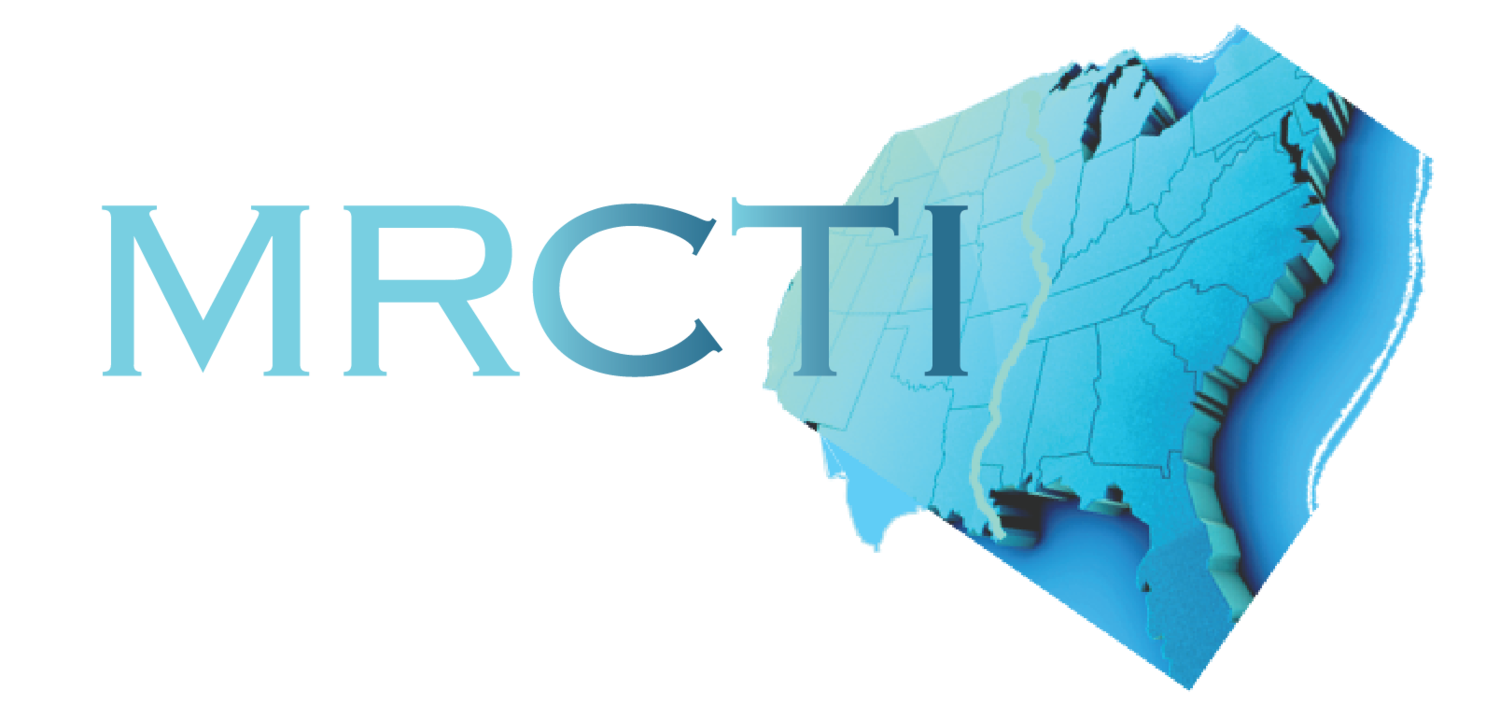Mayors of Mississippi River Cities Propose Ways to Deal with Drought
WVIK, Quad Cities NPR | By Michelle O'Neill
Published November 3, 2022 at 5:00 AM CDT
National Drought Mitigation Center
/
Https://Droughtmonitor.Unl.Edu/
Latest U.S. map from the National Drought Mitigation Center
Large parts of the Midwest are in a moderate to extreme drought, and the economy is suffering because of it.
This week, the Mississippi River Cities and Towns Initiative held a virtual meeting to discuss the wide-ranging effects of very dry conditions and low water levels. It also proposed a long list of policies and actions to respond to it.
Paul Rohde, from the Waterways Council, says even though locks and dams maintain water levels on the Upper Mississippi River, farmers, grain elevators, and other agri-businesses are directly affected by the drought.
And low water levels on the Mississippi are impacting agriculture, manufacturing, the global supply chain, and tourism.
Cape Girardeau Mayor Stacy Kinder says just a few weeks ago, the city had a big water main break. It affected homes and businesses all over the city and lasted several days. The very dry ground caused the land around the water main to move, causing the break.
The Mississippi River Cities and Towns Initiative wants the federal National Drought Resilience Partnership to considering immediate implementation of this list of actions (quoted from MRCTI press release):
Award federal disaster declarations to states for drought;
Allow cities to spend FEMA funds addressing drought impacts;
Make drought mitigation a spending priority for Jobs Act grants;
Develop national incentives for manufacturers to build-out water recycling;
Allow for more adaptive multi-watershed management so river systems can be managed at basin scale to mitigate for climate impact;
Allow farmers and land owners to be compensates for voluntarily rotating acreage out of irrigation to alleviate drought;
Make agricultural credits for climate mitigation available under TITLE II, Subtitle C of the Inflation Reduction Act available for drought resilience activities.
The mayors who belong to the initiative say they take drought even more seriously than flooding. That's because the impacts usually last longer, affect more of the economy, and create conditions that result in more damage from future storms.
TagsWVIK Top Stories droughtMississippi River Cities and Towns InitiativeMRCTIMississippi RiverAgricultureTransportationshippingNavigation
Officially, Michelle's title is WVIK News Editor which really just means she wears many hats, doing everything there is to do in the newsroom and around the radio station. She's a multimedia journalist and serves as Assignment Editor, reporter, radio news producer, copy editor, announcer, news anchor/host, and photographer. She also writes and produces content for WVIK.org and social media and trains interns.
